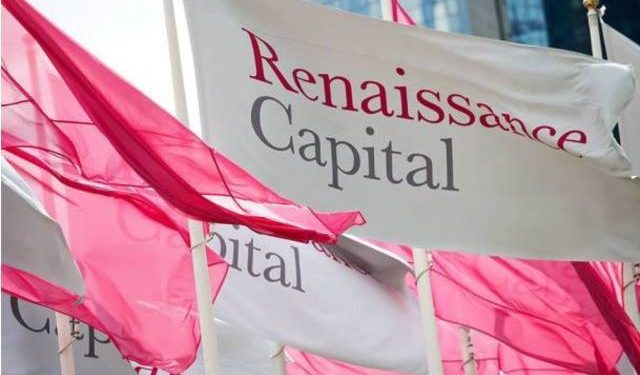Kenya’s fiscal consolidation will hurt the country’s economy despite the 5 per cent growth projected in the next 12 months, only 0.4 percent below estimates made by Renaissance Capital (a frontier market investment bank) which had projected a 5.4 per cent growth for the year.
According to Renaissance Capital, Sub-Saharan Economist Yvonne Mhango, when a country undergoes fiscal consolidations, it does subdue growth depending on how aggressive the consolidation is.
‘’Consolidation may bring a slowdown in spending so it can be growth negative….in general, trends it will slow down for the immediate period, but way after, once the debt position has improved your budget deficit has moved to a sustainable position we’ll see the country now step up or be in a better position to increase borrowing ones again and that increases contribution to growth.’’ She said.
Instead, Kenya is being urged to borrow more and invest more in electricity and education which have been cited as a key factor that may influence economic growth, which currently lies at about 4 per cent according to Renaissance Capital Global Chief Economist Charles Robertson.
‘’Kenya’s electricity consumption right now is about 164 kWh. It is not enough to industrialize sustainably.’’ He said adding that Kenya has to double its current production of electricity for the country to be able to have a manufacturing sector that is 20 per cent of GDP.
This comes at a time when Kenya is looking to reduce its budget deficit, by increasing more avenues for tax collection including an 8 per cent value added tax on all petroleum products, which has been a huge concern for investors.




